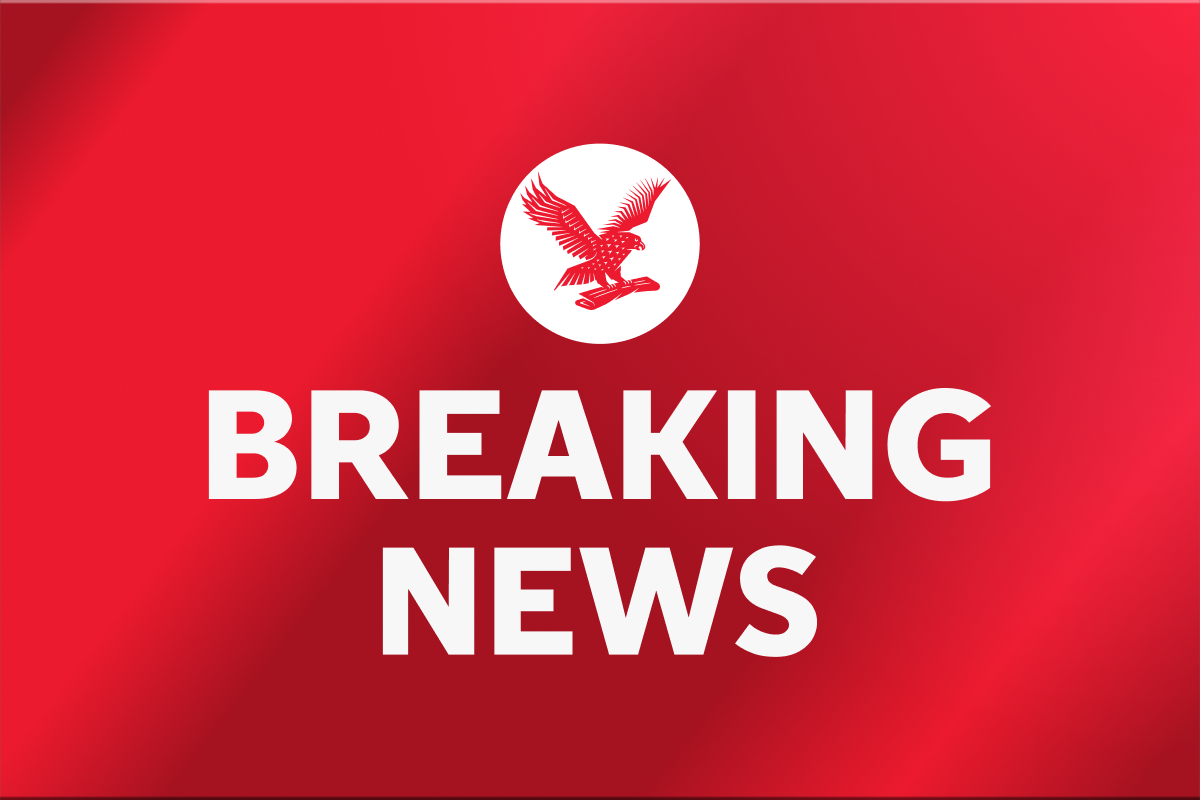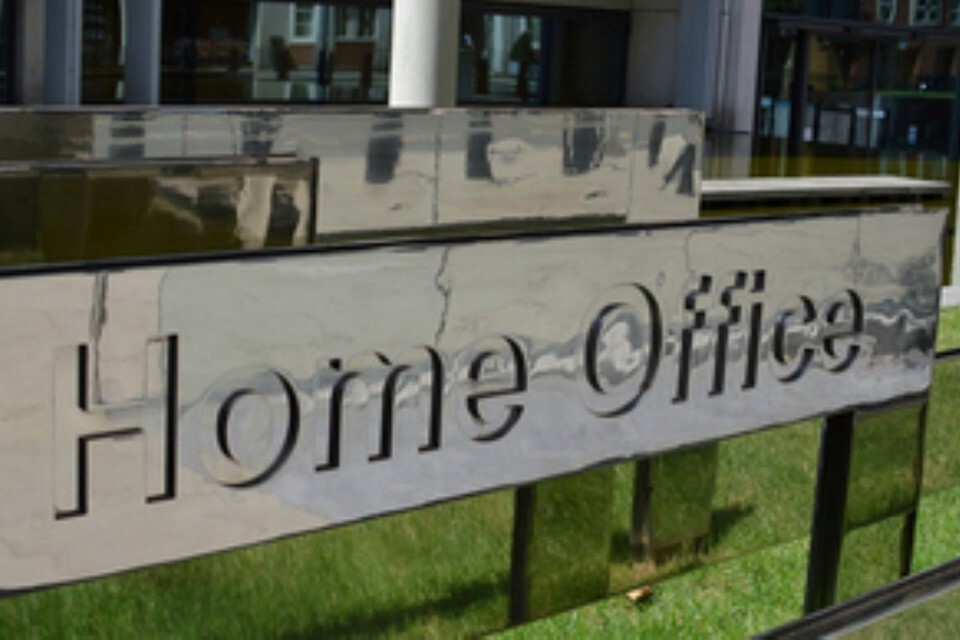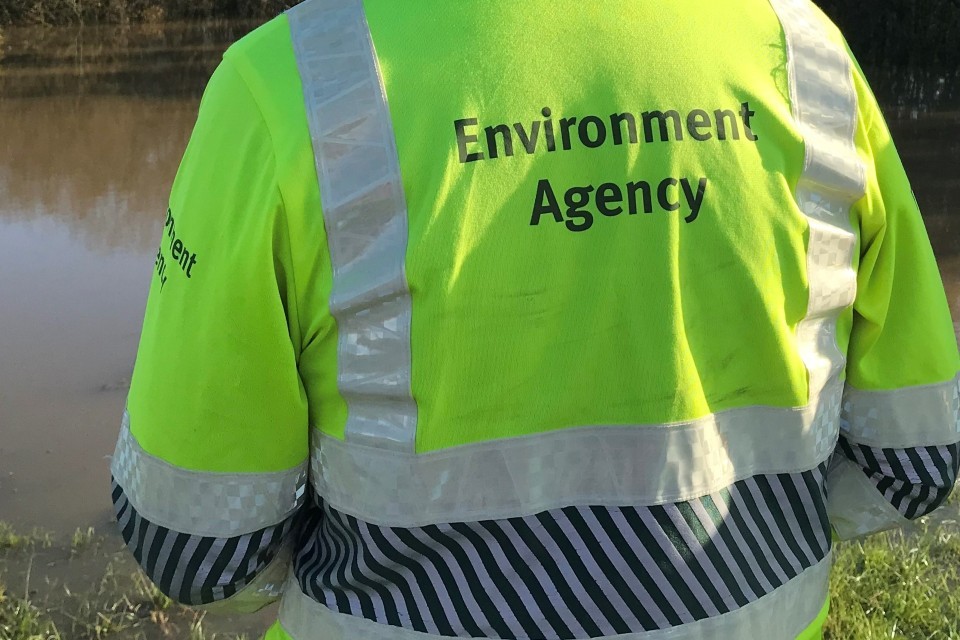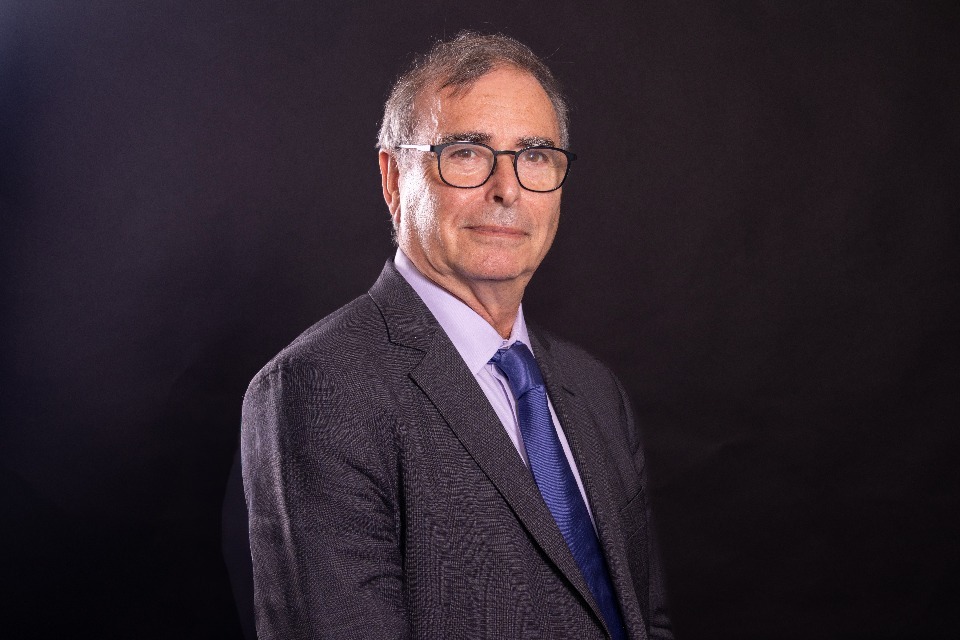- New agreement to bolster reporter safety as part of the Government’s National Action Plan for the Safety of Journalists
- Plans to promote media freedom and protect press from harassment
Journalists across the country are being urged to make use of newly established dedicated contacts within every police force in the latest measure by the Government to promote media freedom and protect journalists.
Every police force in the UK now has a Journalist Safety Liaison Officer, as part of a strengthened partnership between the media, policing and Government to improve their safety.
Journalists routinely risk their personal safety while reporting from protests, crime scenes, and other volatile environments. Their presence on the ground is essential for challenging misinformation and highlighting issues that matter to communities across the UK. Yet in recent years, they’ve increasingly become targets – both online and on the ground.
Media Minister Ian Murray said
Too often, journalists are put in harm’s way while fulfilling their vital role of delivering accurate news to the public.
It is only right that they feel supported and protected so they can focus on carrying out their jobs to the highest standard.
By appointing Journalist Safety Liaison Officers in every police force, I hope reporters will feel reassured knowing they have a direct point of contact if issues arise.
In recognition of the potential dangers journalists face, the Government and National Police Chiefs Council (NPCC) have stepped up work over the past year to appoint Journalist Safety Liaison Officers (JSLOs).
In addition to those that already exist in Scotland and Northern Ireland, there is now an officer in all 43 forces in England and Wales, as well as one for the British Transport Police and Counter Terror Policing.
The officers will provide journalists and media employers with a single point of contact and provide practical support in response to abuse or intimidation. This includes safety guidance ahead of high-risk assignments, such as protests, and ensures crimes against journalists are consistently recorded and addressed.
The appointment of JSLOs is part of the Government’s National Action Plan for the Safety of Journalists, which aims to ensure journalists can carry out their role in informing the public and holding those in power to account.
It also aligns with Government plans for a Local Media Strategy to support local journalism. Resources are stretched in many local newsrooms across the country, and through the Strategy ministers want to make it easier for journalists to cover the issues that matter to local communities, conduct investigative journalism and report without fear or favour.
Safeguarding Minister Jess Phillips, who co-chairs the National Committee for the Safety of Journalists, said
I know first-hand what it feels like to be on the receiving end of threats and intimidation. But I also know my experience is not unique – too many people who put themselves in the public eye to do their jobs face the same.
My broader work on safeguarding has shown me how important it is to protect those who speak out, and that must include journalists. Their work underpins our democracy and they must be able to do it free from fear.
National Police Chiefs’ Council lead for media and communications, Deputy Chief Constable Sam de Reya, said
Policing takes the safety of journalists extremely seriously, and this initiative demonstrates our commitment to protecting those who play a vital role in our democracy.
The National Action Plan for the Safety of Journalists has brought together partners across policing, government, and the media to tackle the threats journalists face.
Policing is proud to support this work, and we will continue to play our part in ensuring that journalists are protected and empowered to do their jobs without fear or intimidation.
The list of JSLOs is available to all journalists (including freelance journalists) and employers on request and has been circulated by the NPCC. Contact details for the relevant JSLOs can be found by contacting The Society of Editors, the News Media Association or The National Union of Journalists.
Additional quotes
Dawn Alford, chief executive of the Society of Editors, said
Improving communication and collaboration between the police and journalists is a vital step in ending impunity for crimes against journalists and the appointment of journalist safety officers across all UK forces sends a strong message to the perpetrators of this abuse.
Robust, independent journalism strengthens democracy and the safety and ability of journalists to report, without fear or favour, should be of paramount importance to anyone who values a free press and its ability to hold power to account.
News Media Association chief executive Owen Meredith said
Journalists have a crucial role in reporting the stories that matter but, sadly, increasingly, they face an array of threats and intimidation designed to silence reporting.
This is completely unacceptable and those responsible should be held fully accountable for their actions.
The NMA strongly supports the aims of the National Action Plan for the Safety of Journalists. The new list of Journalist Safety Liaison Officers is a very welcome initiative which will facilitate support for journalists who find themselves on the receiving end of threats and direct intimidation.
Laura Davison, NUJ general secretary, said
The introduction of JSLOs within police forces across the UK will be welcomed by journalists as important progress in the government’s ongoing work on the safety of journalists.
No journalist should ever face threats or abuse as part of their role, and ensuring designated contacts to approach serves as a crucial milestone in providing practical, vital support to journalists when needed most.








